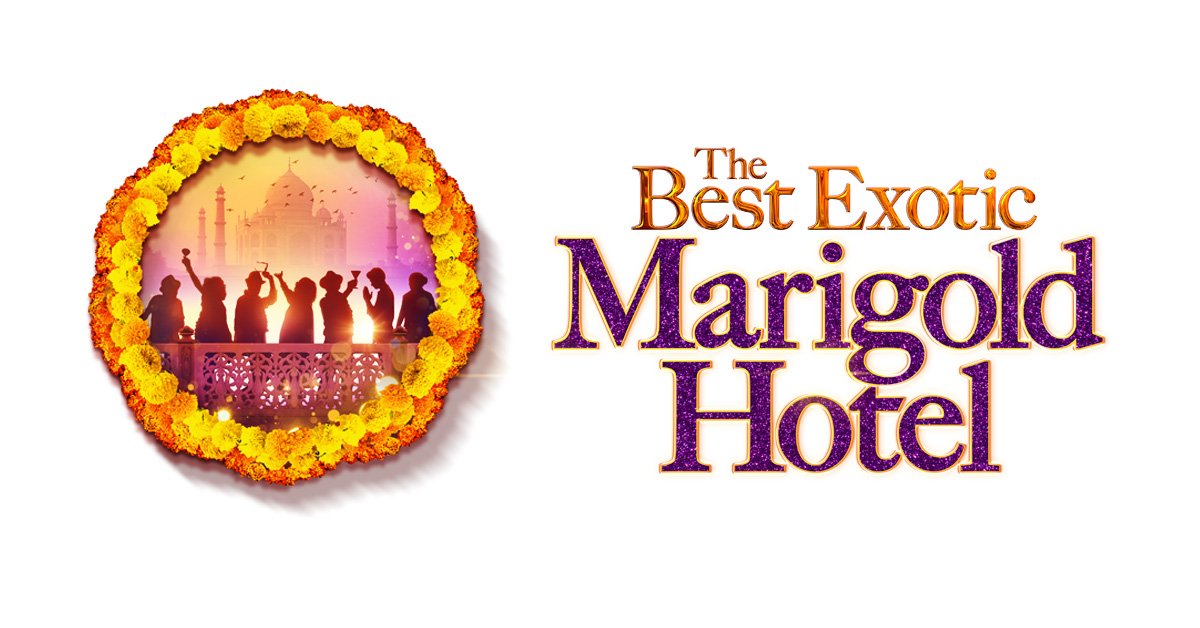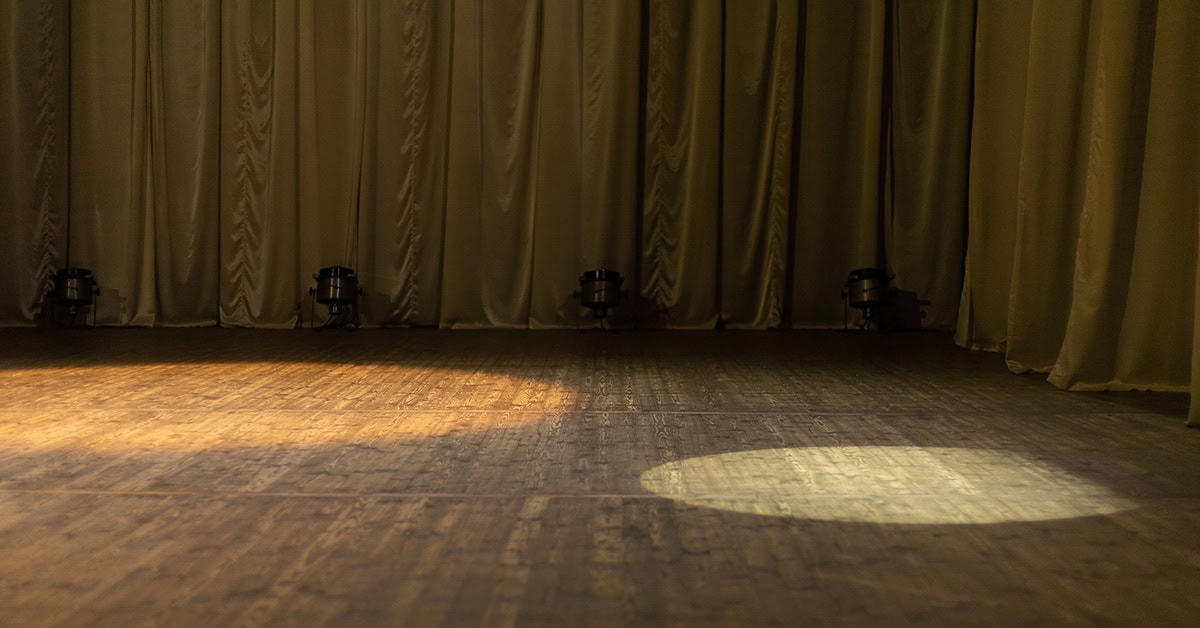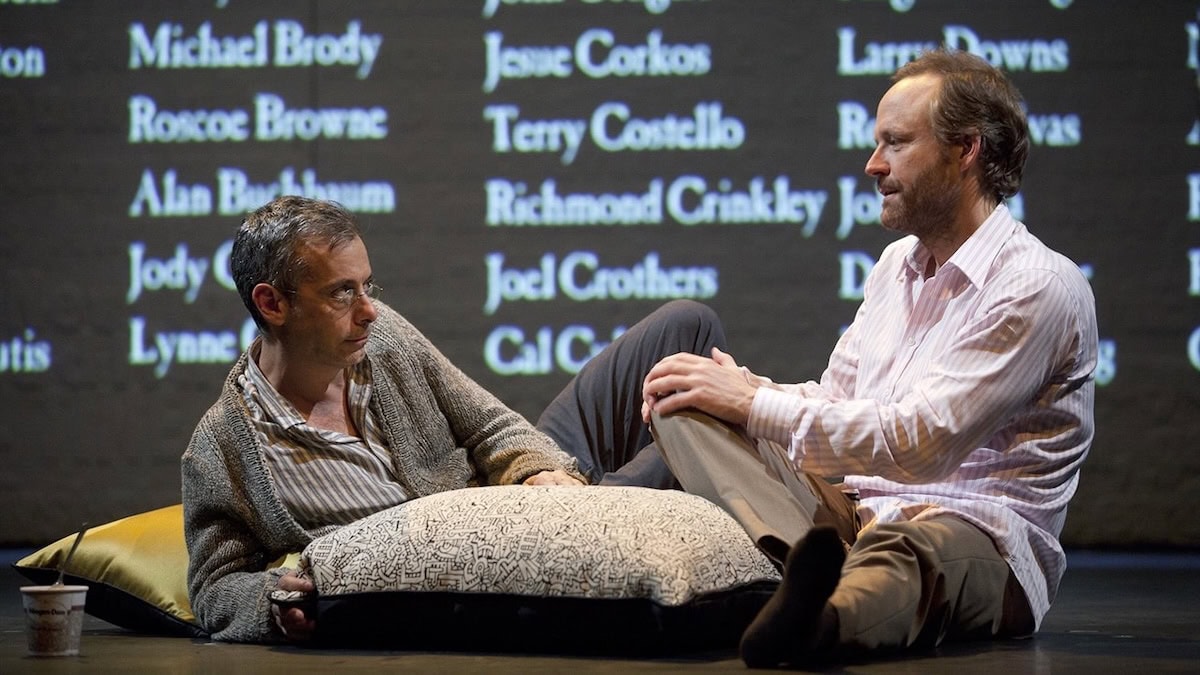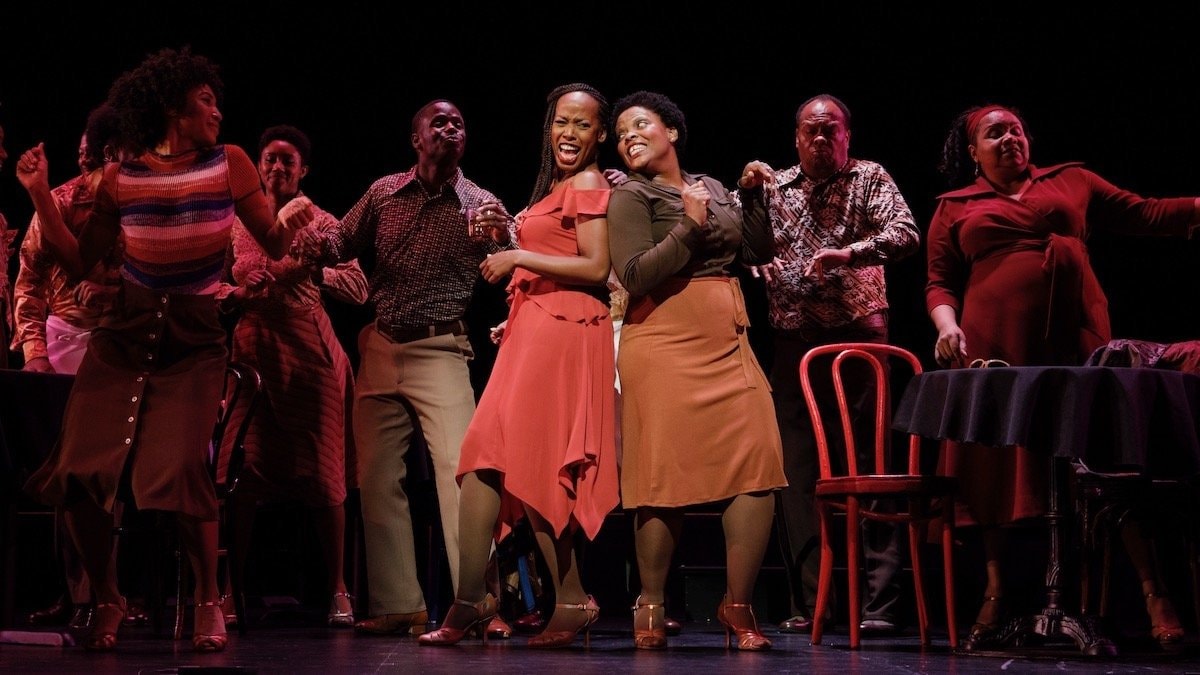
From cold and damp Britain to hot and humid Bangalore, India, author Deborah Moggach takes an eclectic group of British retirees on a journey to a new life. Moggach’s stage adaptation of The Best Exotic Marigold Hotel (UK) is based on her Sunday Times bestseller, which inspired one of this century’s most treasured films. We chatted with Deborah about her inspiration and the challenges of adapting a book for the stage.
…
Can you tell us about The Best Exotic Marigold Hotel and where the idea came from?
I got the idea through asking myself the question: who’s going to look after us, and pay for us, when we get old? We live so long that we’re costing the country a huge amount of money – in the old days we’d be dead by 65, but now we’re living sometimes 30 years longer, with all that that entails. So I had the rather brilliant idea of sending us off to India. I thought, we outsource everything else, why not outsource the elderly? India would be the perfect place: incredibly cheap, so one’s pension would go a lot further and staff would be cheap too; warm climate, perfect for arthritic joints; a huge respect for the elderly, which is something we really don’t have in the UK, where we shove them into homes miles away from anywhere – in India they usually stay in the family; English largely spoken; a deep link between the two countries due to history; etc. Most of my ideas don’t arrive like this; they come from an image, an overheard conversation, something in the newspaper, a painting. But this one was a big, general idea.
What made you decide to adapt the novel for the stage? What were the challenges in transferring the story from novel to play?
I wanted to turn it into a stage play because I thought that the book, and especially the hit film, had brought about a sea-change in our attitudes towards ageing. Both of them celebrated the possibility of a new start, a new chapter in one’s life, if one is up for it. Both didn’t treat old people in terms solely of incipient death or dementia, but treated them as the same people they always were: the same loves, joys, resentments, jealousies that they always had. They’re the same people, just with a few more wrinkles. People hadn’t thought of ageing like that.
So I wanted to revisit the story and bring it to a new audience, and I would go back to the book, rather than the film, because the original novel is a lot more complex and darker than the movie. But I still changed it profoundly for the stage. A play is such a very different creature to a film or a book. For a start, you have to get the characters on and off the stage. You can’t zoom in on their faces in a pivotal moment. You’re restricted in all sorts of ways, but you’re also liberated in the most magical way, because it’s live actors in front of a live audience. It’s a living, breathing thing that every night comes to life. Every night the show is different, changing with the chemistry of the audience and the actors.
How does the stage version differ from the novel (or the film)?
The play is different in many ways to the book. For instance, there are fewer characters. In the book there’s a whole intermediate generation: the middle-aged children of two of the characters. The plot is different, and so on. Ditto with the film.
How did you go about setting the story in Bangalore? What kind of research did you do?
I set the book and the play in Bangalore because it’s an intrinsically funny name, and also it has a big silicon valley full of high-techy businesses, and I wanted this for the call centre thread in the story. The film was set in Jaipur which is a lot more picturesque, but I wanted Bangalore so reverted to that city. I knew it slightly – in the 1970s I lived in Pakistan for two years and there are many similarities between India and Pakistan. Later I visited India and gathered some material for the book.
Are there any particular playwrights or theatremakers who have inspired your writing and the kind of work that you want to make?
I love the work of many playwrights, and especially Alan Ayckbourn, who I think is underrated because he’s very prolific and a comic writer. What’s better than making a theatre full of people laugh?
Do you have any advice for theatremakers looking to stage the play in future?
Well, I think keeping it as one set is probably best, as that hotel is really a character in the story. Have a great soundscape – in the original production, we had wonderful Indian music, street sounds, birdsong and crickets in the garden and so on. It gave the play A Midsummer Nights’ Dream quality, a dreamy sort of magic. No way you can get street scenes on stage, they can just be suggested – honking cars , people shouting their wares and so on. Ditto the garden, the offstage kitchen noises and faint radio music from the offstage servants’ quarters. It can all be suggested.
What do you want audiences to take away from the show?
I’d like the audiences to leave the theatre happy. It’s a comedy, after all. But I’d also like them to have enlarged their sympathy, empathy, tolerance and understanding of another culture. There are a lot of hidden messages in the play about racism, the Empire and so on. And it cuts both ways – the Indian characters emerged changed too.
…
To buy a script of The Best Exotic Marigold Hotel, visit the Concord Theatricals website in the UK.

Recommended Shows for Drama Festivals

The Truth Behind… The Normal Heart

